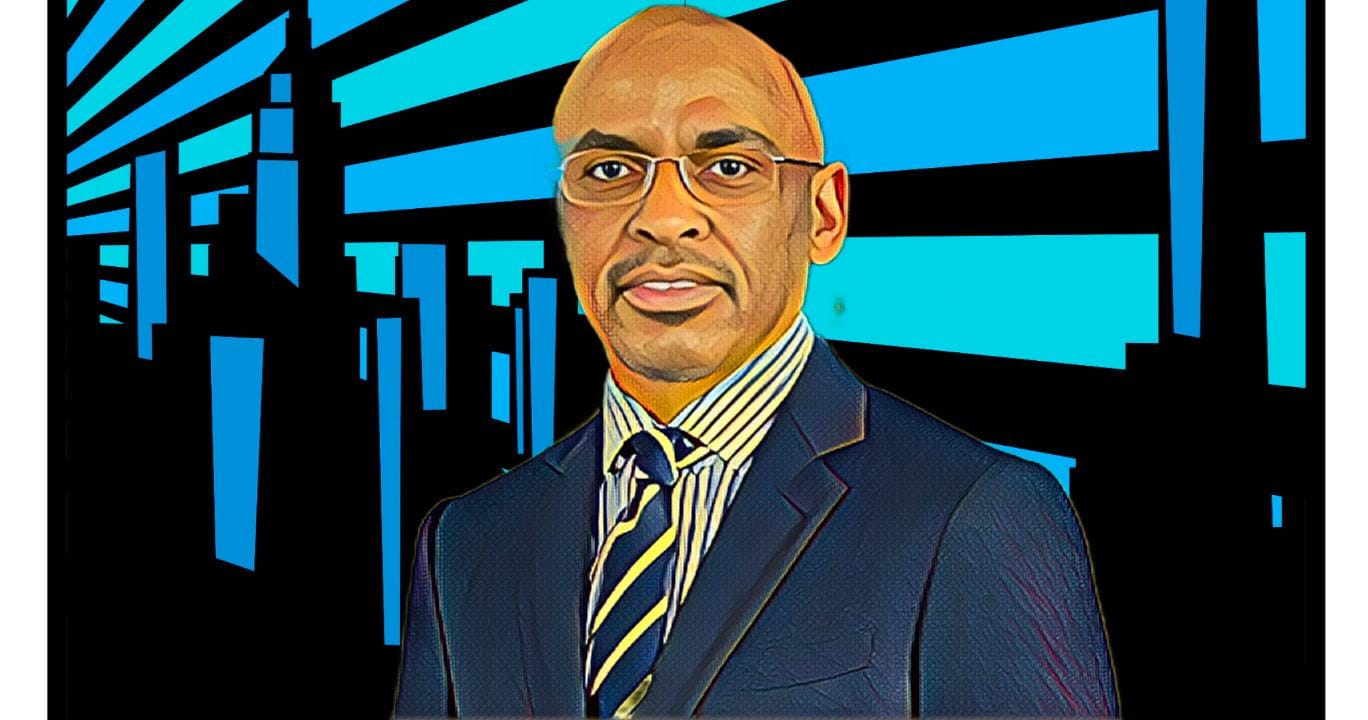Kenyan executive Peter Ndegwa-led Safaricom resumes talks with Starlink as competition heats up

Key Points
- Safaricom has resumed negotiations with Starlink and other satellite firms to bolster its services in an increasingly competitive telecom market.
- CEO Peter Ndegwa confirmed ongoing satellite partnership discussions, signaling a strategic shift toward strengthening broadband offerings.
- Kenyan President William Ruto welcomed Starlink's entry, emphasizing the benefits of increased competition in the telecom industry.
Safaricom, East Africa’s largest telecom operator, led by Kenyan Tycoon Peter Ndegwa, has resumed negotiations with Elon Musk's Starlink and other satellite firms. This comes as Safaricom confronts an increasingly competitive environment in its home market, where it has historically maintained a stronghold.
Shifting dynamics in Safaricom's strategy
In a Bloomberg TV interview, Ndegwa said Safaricom is exploring satellite partnerships, stating, “We've had preliminary discussions and will continue to pursue collaborations that complement our services.” This signals a shift in Safaricom's strategy as it adapts to the changing telecommunications landscape.
Safaricom, moving from regulatory concerns to talks with Starlink, sees potential in the collaboration. While Musk focuses on satellite tech, Safaricom’s local network makes it a key distribution partner. To defend its broadband market share, Safaricom has boosted internet speeds ahead of Starlink’s entry, setting up a competitive showdown.
Competition heats up in Kenya’s telecom market
Kenyan President William Ruto welcomed Starlink's entry into the market, saying increased competition would improve service quality and lower prices. “I know my CEO at Safaricom isn't always happy when we bring in competitors like Elon Musk,” Ruto said at the US-Kenya Business and Investment Roundtable. “But I remind Peter that competition keeps us sharp, and he's risen to the challenge.”
Elon Musk recently said Starlink is close to launching 300 direct-to-mobile satellites, aiming for continuous coverage over mid-latitude regions. The move could disrupt telecoms much like mobile networks did in the 2000s, fueling Safaricom's growth. Traditional operators like Safaricom remain cautious, particularly in markets like Zimbabwe and Botswana, where regulatory challenges require local partnerships.
Strategic initiatives by Safaricom
Safaricom, founded in 1993 and headquartered in Nairobi, is a leading provider of telecom services in Kenya, offering a wide range of products including mobile, fixed-line, M-PESA payments, voice services, and cloud hosting.
In a major move, Safaricom secured a second sustainability-linked loan totaling Ksh15 billion ($116.1 million), increasing its cumulative borrowing under this initiative to Ksh30 billion ($232.2 million). The company has also formed a strategic partnership with Mastercard aimed at expanding digital payment solutions and enhancing cross-border remittances, further solidifying Safaricom's leadership in financial innovation throughout East Africa.
Notably, high-net-worth individual John Kimani increased his investment in Safaricom by acquiring 8.64 million shares, boosting his total holdings to 27.7 million. This investment underscores confidence in Safaricom's long-term growth potential, even amidst the mounting challenges in the telecom sector.